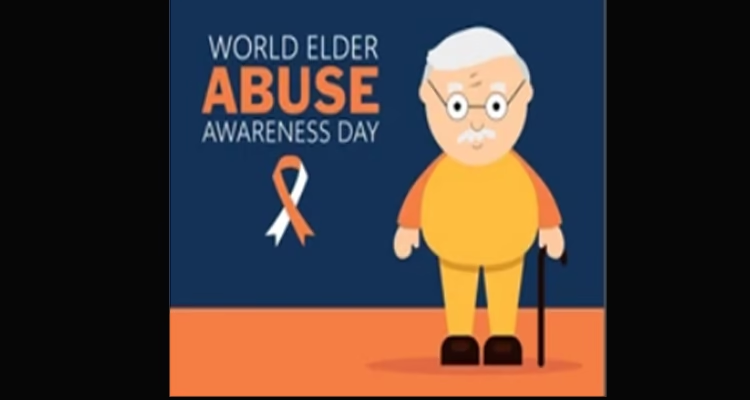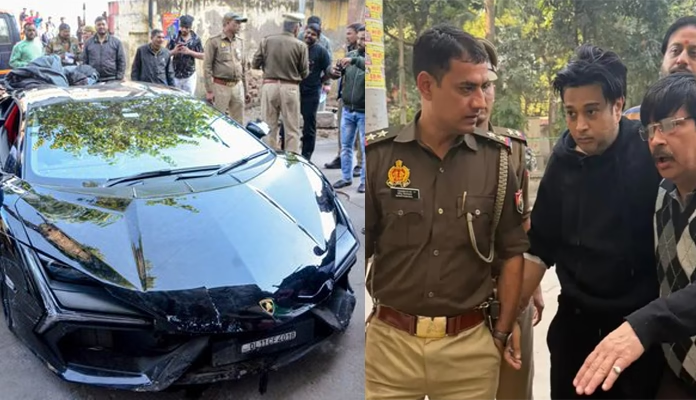
 The world is experiencing a dramatic demographic shift. According to United Nations estimates, by 2025, the global population of people aged 60 years and above will reach around 1.2 billion, and by 2050, seniors will outnumber younger people globally. Yet, alongside this increase comes a deeply concerning issue — the abuse, neglect, and exploitation of the elderly.
The world is experiencing a dramatic demographic shift. According to United Nations estimates, by 2025, the global population of people aged 60 years and above will reach around 1.2 billion, and by 2050, seniors will outnumber younger people globally. Yet, alongside this increase comes a deeply concerning issue — the abuse, neglect, and exploitation of the elderly.
Recognizing this growing crisis, June 15 is observed globally as “World Elder Abuse Awareness Day”, to encourage societies to acknowledge the problem and take action.
According to the World Health Organization (WHO), 4 to 6 percent of the elderly population experience some form of abuse, most of which goes unreported. Abuse can be physical, emotional, financial, or even institutional. Studies reveal that nearly half of all senior citizens report facing mistreatment, especially in public spaces.
A recent survey highlights various forms of abuse faced by the elderly, ranging from negative experiences with service providers, feelings of discrimination, and a general lack of safety. A staggering 55% of respondents believe Indian society discriminates against the elderly.
The root causes of elder abuse are deeply embedded in changing social norms, economic hardship, and erosion of traditional family values. In today’s fast-paced world, where money is often the measure of worth, the elderly—especially those without independent income—are increasingly marginalized.
Data shows that 65% of elderly individuals in India have no known source of income, while 35% may possess some financial assets such as property, savings, or supportive children. However, financial stability does not guarantee safety—abuse cuts across economic boundaries. Many elders face financial exploitation, often at the hands of their own family members, in-laws, or even bank employees. Digital threats and cyber theft further compound the problem.
Social disrespect is another form of neglect. Public transport, for instance, routinely ignores designated seats for seniors. Stories of humiliation are common—even young parents experience discomfort when their children are pressured for money by schools for extracurricular activities, showcasing how materialism has infected multiple generations.
India has a rich cultural tradition of respecting elders, but this value is fast fading. As a society, we must ask ourselves: Have we forgotten the dignity our elders deserve? If we fail to protect them today, we too may face the same fate tomorrow.
What Needs to Be Done
-
Government Action: Authorities must raise awareness about the rights of senior citizens and ensure the effective implementation of policies that protect them.
-
Legal Support: The Maintenance and Welfare of Parents and Senior Citizens Act should be strengthened and more widely enforced. Elderly individuals should have easy access to maintenance tribunals for financial support from children or relatives.
-
Monitoring Financial Abuse: Concrete legal and administrative mechanisms must be developed to detect and prevent financial exploitation in an ageing society.
-
Dignity as a Right: The right to live with dignity must be made legally enforceable for all elderly citizens.
-
Skill Development in Geriatric Care: There is a pressing need for specialized training programs in elder care and gerontology, particularly for caregivers, NGOs, and healthcare professionals.
As India progresses economically, we must not leave our elders behind in misery and silence. The true mark of a civilized society lies in how it treats its weakest and most vulnerable — and our elders, who once built this nation, certainly deserve better.
(Written by Vinod Chandrashekhar Dixit)




